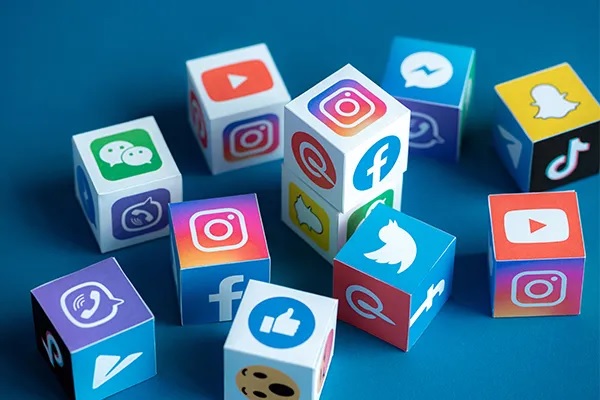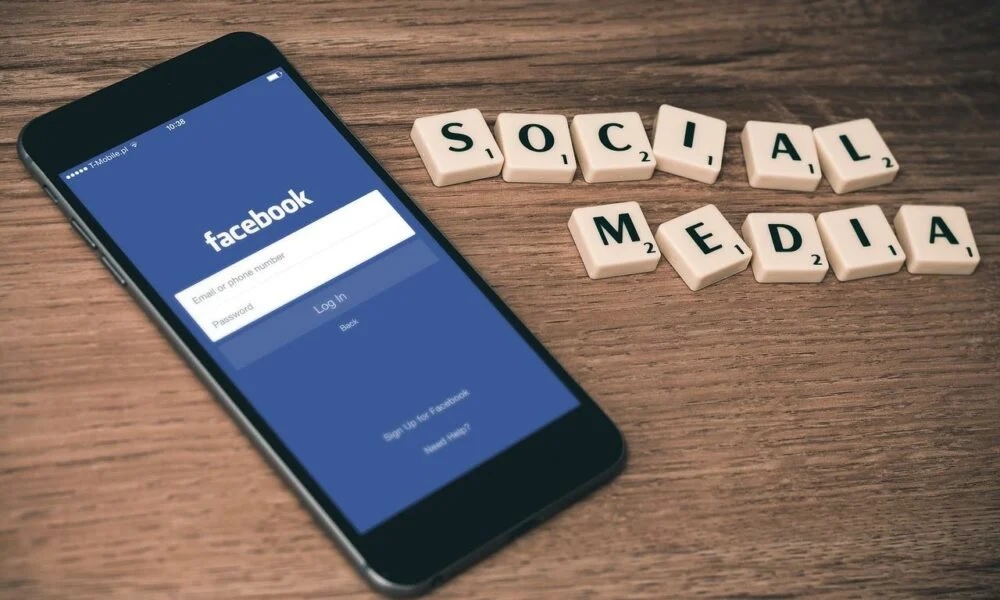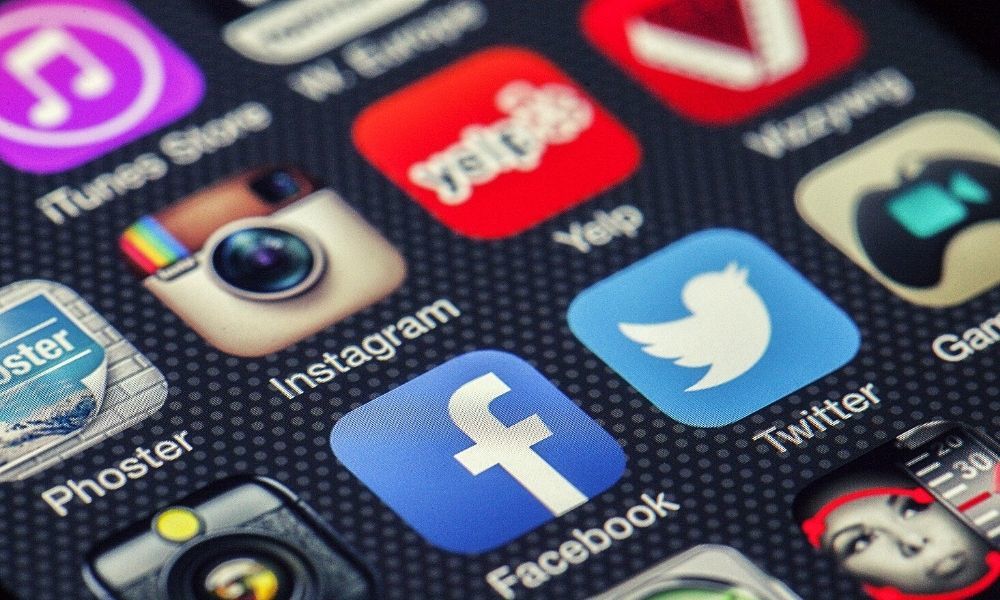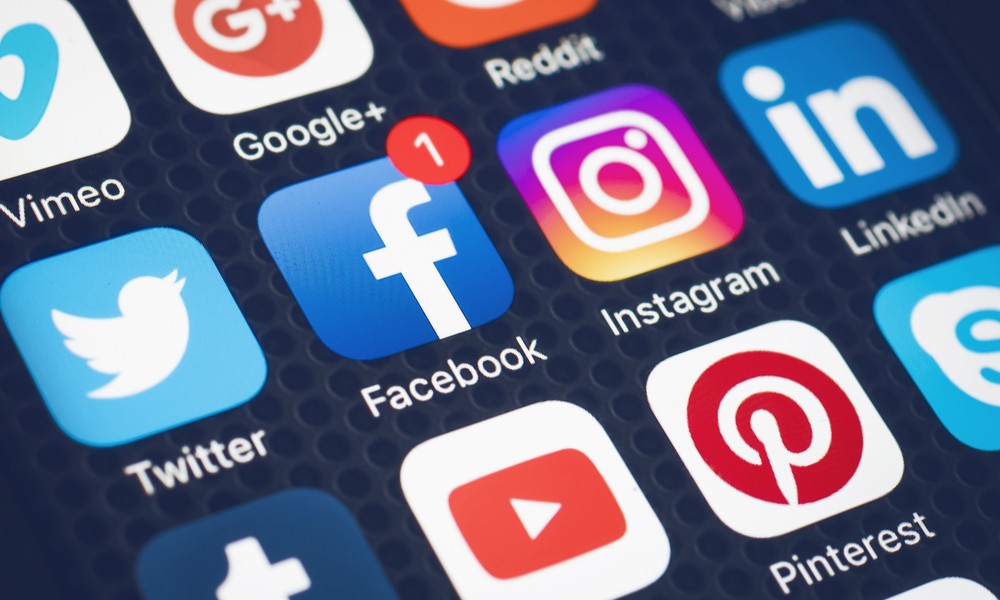In recent years, social media has become an important tool for political activism. It has given people a platform to voice their opinions and has enabled them to connect with others who share the same beliefs and values. The impact of social media on democracy has been both positive and negative. In this article, we will explore the role of social media in political activism and its impact on democracy.
The Role of Social Media in Political Activism

Social media platforms like Facebook, Twitter, and Instagram have given people a voice. They have made it easier for individuals to connect with each other, regardless of their location. This has made it possible for individuals to organize protests, boycotts, and other forms of political activism.
Social media has also enabled political candidates to reach out to voters directly. They can use social media to communicate their policies, respond to questions, and engage with voters on a personal level. This has made political campaigns more accessible to the general public and has given voters a greater say in the political process.
The Impact of Social Media on Democracy
The impact of social media on democracy has been both positive and negative. On the one hand, social media has made it easier for people to engage with politics. It has made it possible for individuals to connect with others who share the same beliefs and values. This has led to the formation of online communities that can influence political decisions.
On the other hand, social media has also been blamed for the spread of fake news and misinformation. Social media algorithms prioritize content that generates engagement, which means that false information can spread quickly. This can lead to a distorted public discourse and can undermine the democratic process.
The Future of Social Media and Political Activism
The future of social media and political activism is uncertain. On the one hand, social media platforms are constantly evolving and becoming more sophisticated. This means that they will continue to play an important role in political activism. However, as social media becomes more integrated into our lives, there is a risk that it will become more difficult to distinguish between genuine political discourse and propaganda.
It is up to us, as citizens, to be vigilant and discerning. We must be aware of the risks and benefits of social media and use it responsibly. If we do this, social media can continue to be a powerful tool for political activism and can contribute to a healthy and vibrant democracy.
- Key Takeaways:
- Social media has given people a platform to voice their opinions and has enabled them to connect with others who share the same beliefs and values.
- Social media has made it easier for individuals to organize protests, boycotts, and other forms of political activism.
- The impact of social media on democracy has been both positive and negative.
- Social media algorithms prioritize content that generates engagement, which means that false information can spread quickly.
- The future of social media and political activism is uncertain, but it is up to us to use it responsibly.







Comments